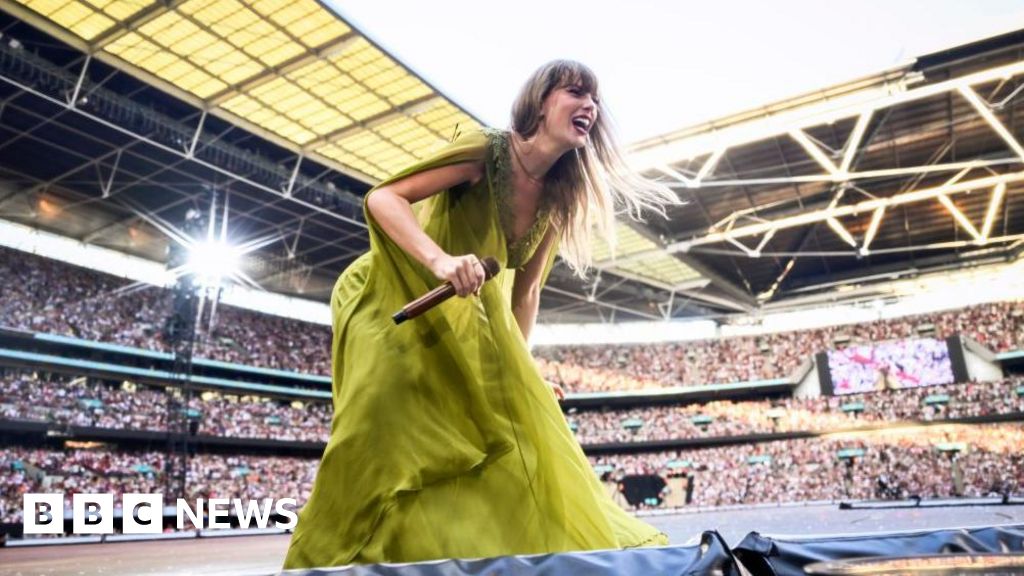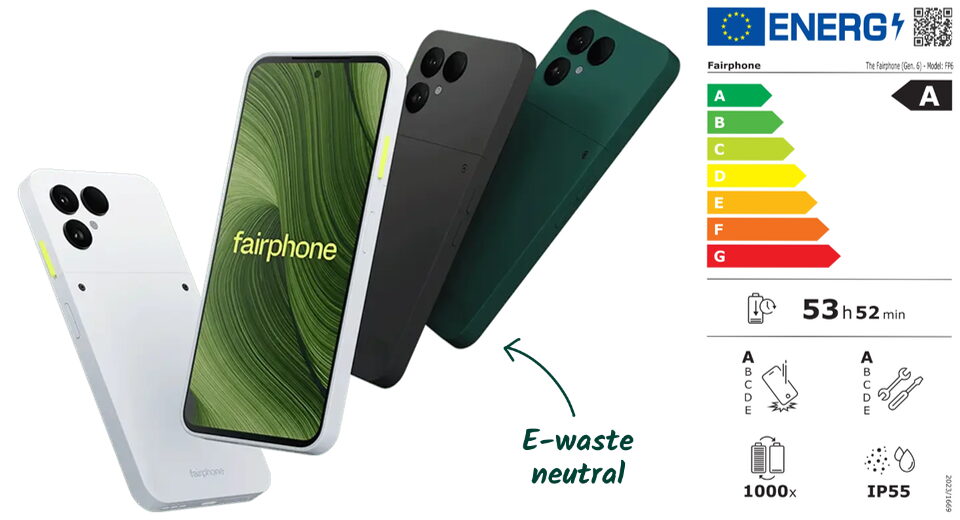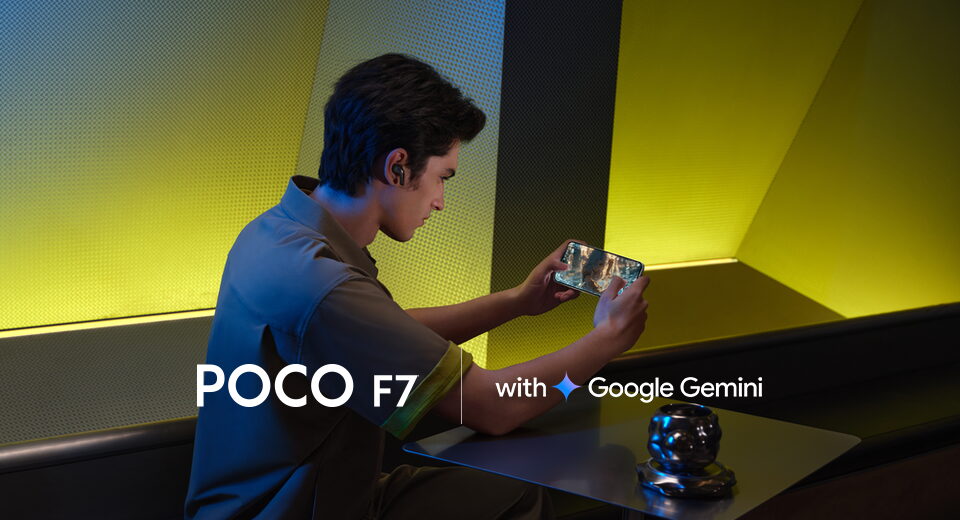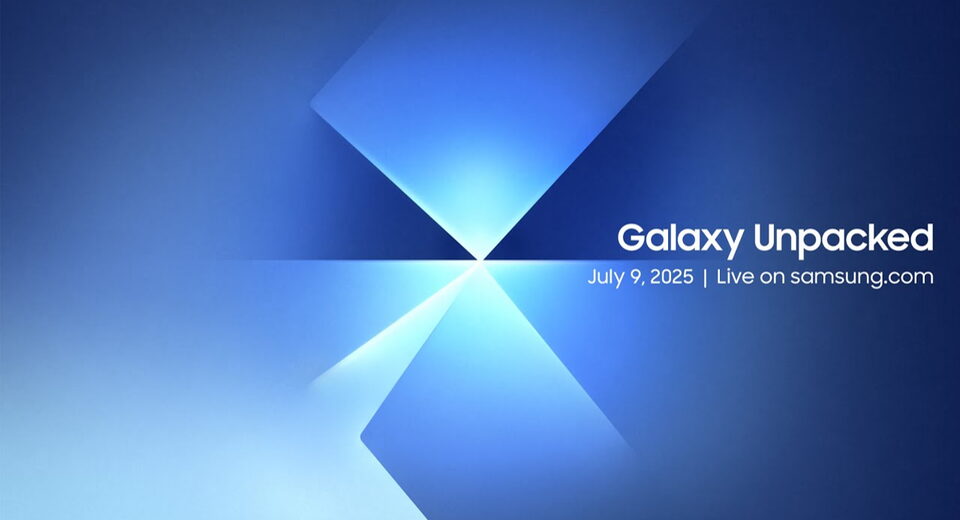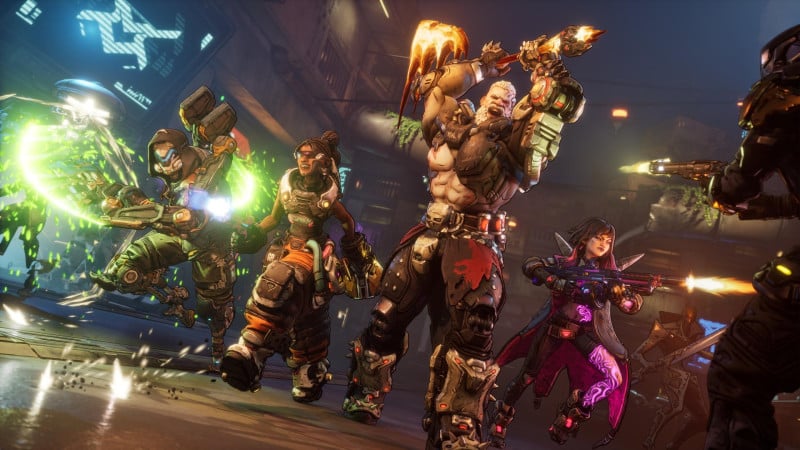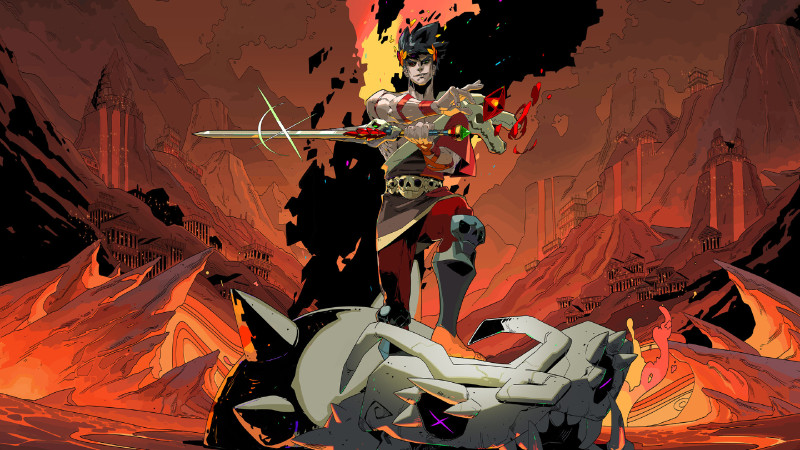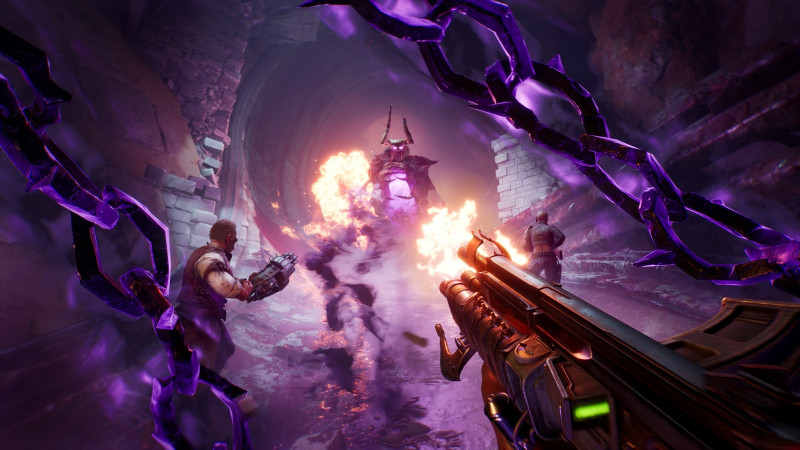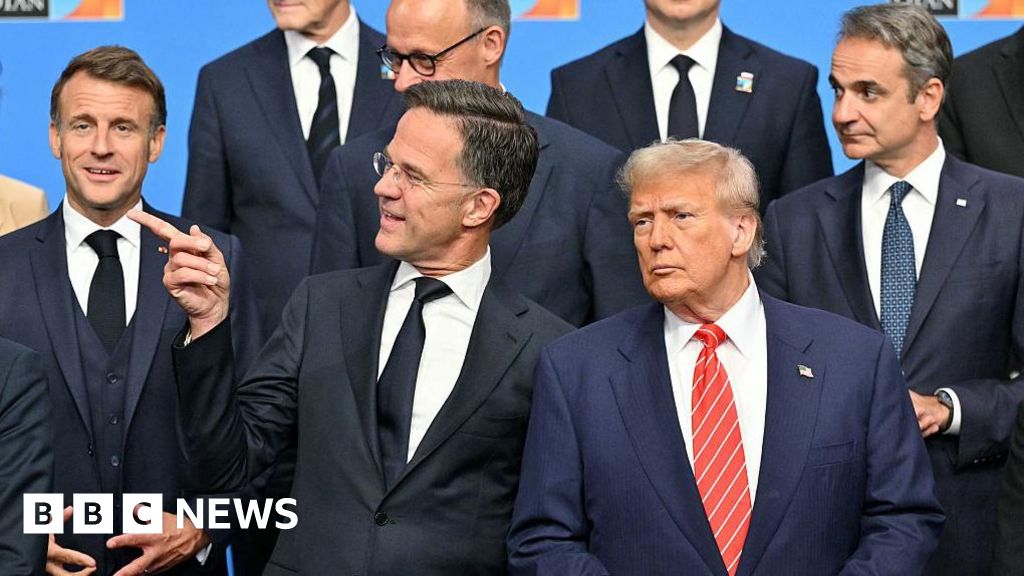@@ -282,4 +282,57 @@ boilerplate code template which is then filled in to produce the final patch. |
282 | 282 | The output of such a tool would still be considered the "preferred format", |
283 | 283 | since it is intended to be a foundation for further human authored changes. |
284 | 284 | Such tools are acceptable to use, provided there is clearly defined copyright |
285 | -and licensing for their output. |
285 | +and licensing for their output. Note in particular the caveats applying to AI |
286 | +content generators below. |
287 | + |
288 | +Use of AI content generators |
289 | +~~~~~~~~~~~~~~~~~~~~~~~~~~~~ |
290 | + |
291 | +TL;DR: |
292 | + |
293 | + **Current QEMU project policy is to DECLINE any contributions which are |
294 | + believed to include or derive from AI generated content. This includes |
295 | + ChatGPT, Claude, Copilot, Llama and similar tools.** |
296 | + |
297 | +The increasing prevalence of AI-assisted software development results in a |
298 | +number of difficult legal questions and risks for software projects, including |
299 | +QEMU. Of particular concern is content generated by `Large Language Models |
300 | +`__ (LLMs). |
301 | + |
302 | +The QEMU community requires that contributors certify their patch submissions |
303 | +are made in accordance with the rules of the `Developer's Certificate of |
304 | +Origin (DCO) `. |
305 | + |
306 | +To satisfy the DCO, the patch contributor has to fully understand the |
307 | +copyright and license status of content they are contributing to QEMU. With AI |
308 | +content generators, the copyright and license status of the output is |
309 | +ill-defined with no generally accepted, settled legal foundation. |
310 | + |
311 | +Where the training material is known, it is common for it to include large |
312 | +volumes of material under restrictive licensing/copyright terms. Even where |
313 | +the training material is all known to be under open source licenses, it is |
314 | +likely to be under a variety of terms, not all of which will be compatible |
315 | +with QEMU's licensing requirements. |
316 | + |
317 | +How contributors could comply with DCO terms (b) or (c) for the output of AI |
318 | +content generators commonly available today is unclear. The QEMU project is |
319 | +not willing or able to accept the legal risks of non-compliance. |
320 | + |
321 | +The QEMU project thus requires that contributors refrain from using AI content |
322 | +generators on patches intended to be submitted to the project, and will |
323 | +decline any contribution if use of AI is either known or suspected. |
324 | + |
325 | +This policy does not apply to other uses of AI, such as researching APIs or |
326 | +algorithms, static analysis, or debugging, provided their output is not to be |
327 | +included in contributions. |
328 | + |
329 | +Examples of tools impacted by this policy includes GitHub's CoPilot, OpenAI's |
330 | +ChatGPT, Anthropic's Claude, and Meta's Code Llama, and code/content |
331 | +generation agents which are built on top of such tools. |
332 | + |
333 | +This policy may evolve as AI tools mature and the legal situation is |
334 | +clarifed. In the meanwhile, requests for exceptions to this policy will be |
335 | +evaluated by the QEMU project on a case by case basis. To be granted an |
336 | +exception, a contributor will need to demonstrate clarity of the license and |
337 | +copyright status for the tool's output in relation to its training model and |
338 | +code, to the satisfaction of the project maintainers. |
 Like
0
Like
0
 Dislike
0
Dislike
0
 Love
0
Love
0
 Funny
0
Funny
0
 Angry
0
Angry
0
 Sad
0
Sad
0
 Wow
0
Wow
0

